- special reduced price € 10
single ticket valid until 17 April, for all ongoing exhibitions, due to the refurbishment of 2 galleries
- full price € 15 at the box office - € 14 online
- reduced price € 12 at the box office - € 11 online
– for young people aged between 18 and 25 (not yet turned 25);
– for groups of 15 people or more;
– La Galleria Nazionale, Museo Ebraico di Roma ticket holders;
– upon presentation of ID card or badge: Accademia Costume & Moda, Accademia Fotografica, Biblioteche di Roma, Centro Sperimentale di Cinematografia, Enel (for badge holder and accompanying person), FAI Fondo Ambiente Italiano, Feltrinelli, Gruppo FS, IN/ARCH Istituto Nazionale di Architettura, Sapienza Università di Roma, LAZIOcrea, Palazzo delle Esposizioni, Amici di Palazzo Strozzi, Accademia Nazionale di Santa Cecilia, Scuola Internazionale di Comics, Teatro Olimpico, Teatro dell’Opera di Roma, Teatro di Roma, Università degli Studi di Roma Tor Vergata, Youthcard;
– upon presenting at the ticket office a Trenitalia ticket to Rome purchased between 27 November 2024 and 21 April 2025 - open € 18
valid for one year from the date of purchase
- free
– minors under 18 years of age;
– myMAXXI cardholders;
– on your birthday presenting an identity document;
– upon presentation of EU Disability Card holders and or accompanying letter from hosting association/institution for: people with disabilities and accompanying person, people on the autistic spectrum and accompanying person, deaf people, people with cognitive disabilities and complex communication needs and their caregivers, people with serious illnesses and their caregivers, guests of first aid and anti-violence centres and accompanying operators, residents of therapeutic communities and accompanying operators;
– MiC employees;
– journalists who can prove their business activity;
– European Union tour guides and tour guides, licensed (ref. Circular n.20/2016 DG-Museums);
– 1 teacher for every 10 students;
– AMACI members;
– CIMAM International Committee for Museums and Collections of Modern Art members;
– ICOM members;
– from Tuesday to Friday (excluding holidays) European Union students and university researchers in art history and architecture, public fine arts academies (AFAM registered) students and Temple University Rome Campus students;
– IED Istituto Europeo di Design professors, NABA Nuova Accademia di Belle Arti professors, RUFA Rome University of Fine Arts professors;
– upon presentation of ID card or badge: Collezione Peggy Guggenheim a Venezia, Castello di Rivoli Museo d’Arte Contemporanea, Sotheby’s Preferred, MEP – Maison Européenne de la Photographie;
Casa Balla | until 27 April 2025
- full price ticket € 18
- reduced price ticket € 15
for groups of 12 people in the same tour; myMAXXI membership card-holders; registered journalists with valid ID
- reduced price ticket € 12
under 14 years of age
- free ticket
disabled people + possible accompanying person; minors under 3 years of age (ticket not required)
Collection
MAXXI’s Collection of Art and Architecture represents the founding element of the museum and defines its identity. Since October 2015, it has been on display with different arrangements of works.











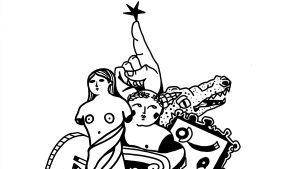

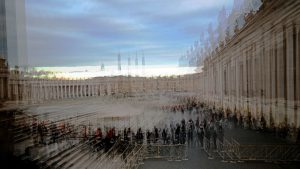
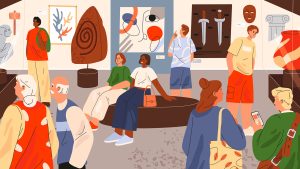
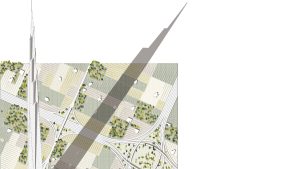
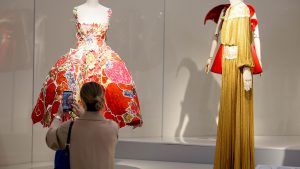




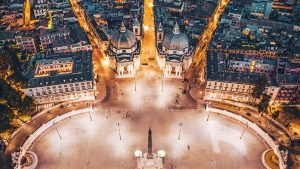





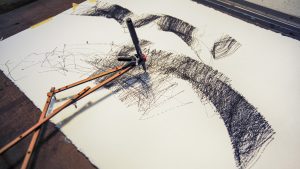
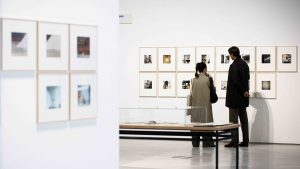


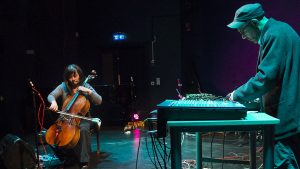

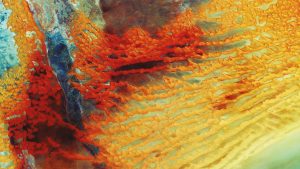




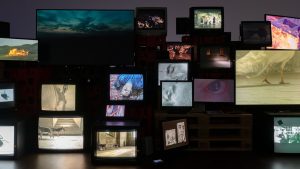
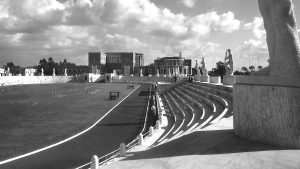
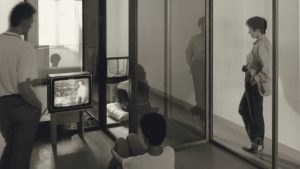
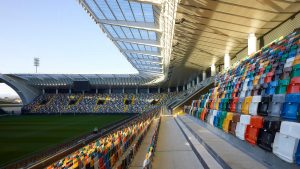


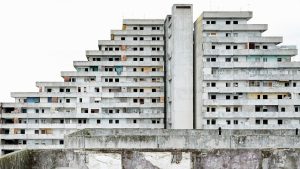


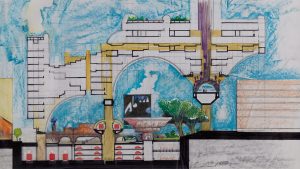
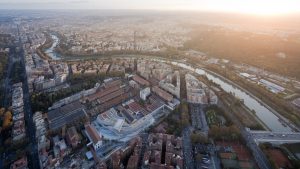
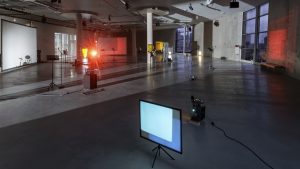

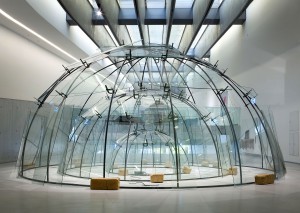
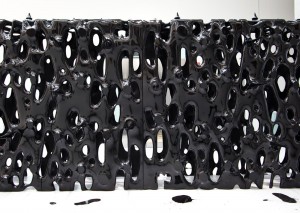
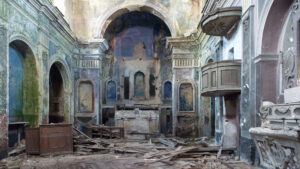

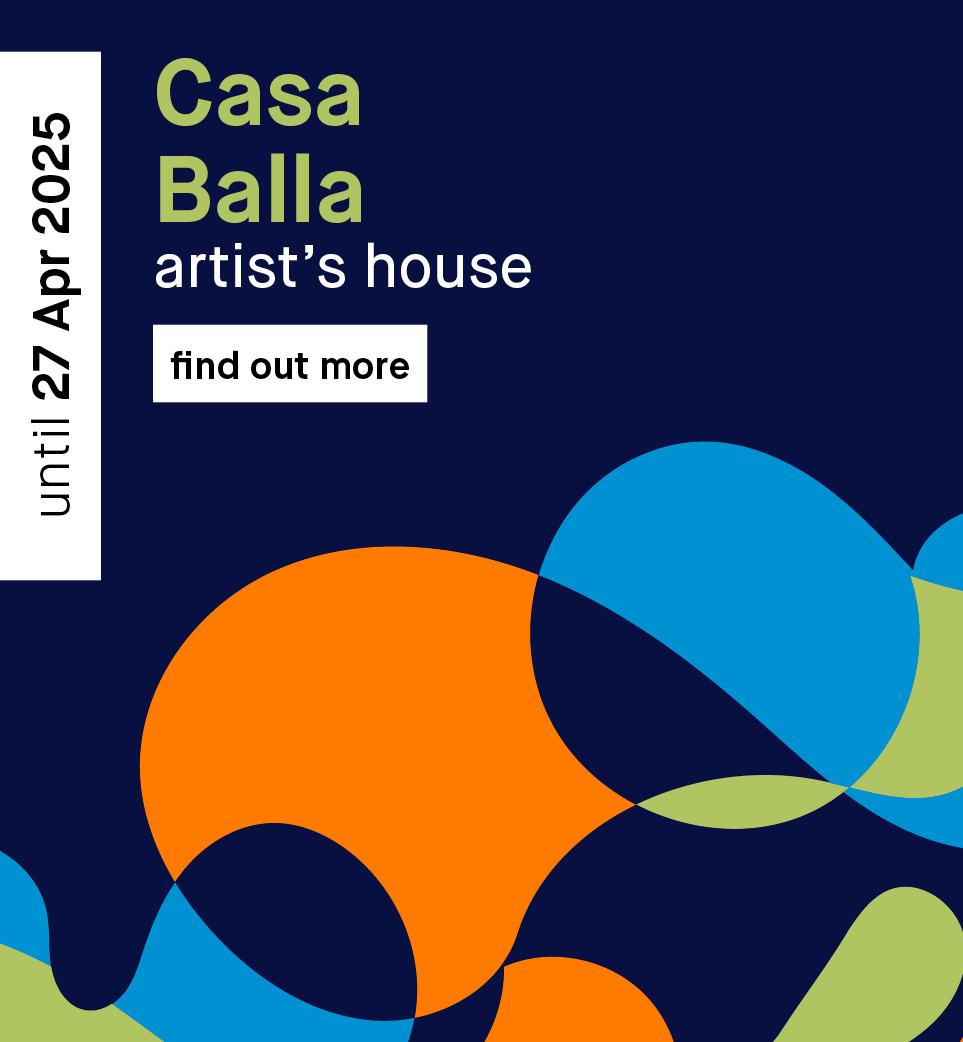
24 April – 27 October 2013
Gallery 2 and 2a
curated by Francesca Fabiani, Laura Gasparini, Giuliano Sergio
Luigi Ghirri
MAXXI is devoting a major anthological exhibition to the work of Luigi Ghirri, one of the undisputed masters of Italian photography. The exhibition is a joint venture between the museum and the municipality of Reggio Emilia, the city where the photographer lived and to which he left his archive. The original materials – photographs, galley proofs, books, catalogues and negatives – today conserved in the Biblioteca Panizzi, an institutional partner in the project, allow us to explore the diverse facets of this complex artistic figure.
The exhibition presents a brand-new overview of the photographer’s work through over 300 images, with particular attention being paid to the vintage prints produced directly by the artist.
The images will be accompanied by mock-ups for catalogues, published books, journals, reviews attesting to Ghirri’s activity as a publisher, critic and curator; a selection of photographs and artist’s books documenting his encounters and collaborations with Modena’s conceptual artists during the early 1970s; illustrated postcards and anonymous photographs collected by Ghirri, used to investigate his research into amateur photography and the stereotype of the landscape; a selection of books from Ghirri’s personal library that speak of his interests and cultural and artistic references; vinyl album covers that testify to Ghirri’s interest in music and his relationship with such artists as CCCP and Lucio Dalla.
Icons
The conceptual research is a starting point that allows Ghirri to build a new language that explores the usual places to reveal the icons that populate the contemporary world. Shop windows, advertisements, images of images, postcards and paintings that interact with reality, as well as the playgrounds, skies and people in moments of leisure, images that investigate the processes of seeing, but at the same time involve the viewer for their evocative capacity, icons of a collective memory.
Landscapes
In landscapes the icons are still present but the horizon expands. The warehouses, service stations, anonymous suburbs depict a society which Ghirri looks upon with affection and awe, combining artificial landscapes with the real prospects of finding a new identity outside of the stereotype. Ghirri was to become one of the in promoters of the renewal of landscape photography of the ‘80s that involved an entire generation of photographers. Taking on the iconographic tradition of Italy Ghirri regenerates it with simple images, in which the panoramas are interspersed with churches, theatres, interiors, piazzas, the “achievements” of the gates.
Architectures
Even architecture is a constant instrument in the narration of Ghirri. The photographer builds a kind of inventory of anonymous building types and reflects on their interaction with green spaces. He interprets designer architecture and reveals the perspectives of villas and gardens with a solemn and unique lightness. The gaze on interiors opens an intimate dimension of lived experiences culminating in the exhibition of a self-portrait narrated through the objects, books and space of his own home.
[widgetkit id=30219]